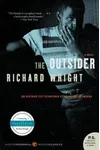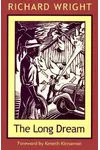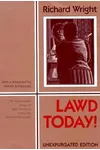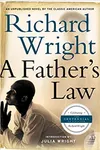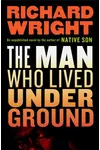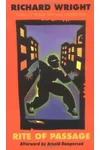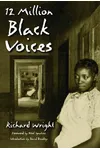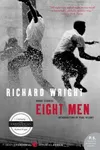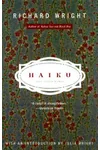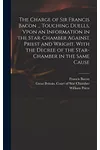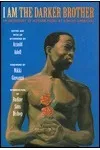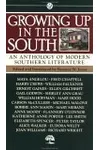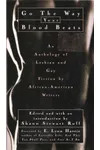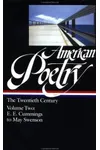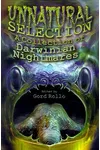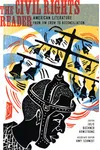Picture an American storyteller who turned the harsh realities of racial injustice into gripping, unforgettable tales—meet Richard Wright! Born in 1908 in Mississippi, Wright’s raw, powerful narratives in works like Native Son and Black Boy shook the literary world, giving voice to the marginalized and influencing generations. His life, from Southern poverty to Parisian exile, is as compelling as his stories.
The Making of Richard Wright
Richard Wright grew up in the Jim Crow South, where poverty and segregation shaped his early years. Born on a plantation near Natchez, Mississippi, he faced hardship from childhood, moving between relatives after his father left and his mother fell ill. Largely self-educated, Wright found solace in books, sparking a passion for storytelling. By his 20s, he moved to Chicago, joined the Federal Writers’ Project, and began crafting stories that blended gritty realism with social critique, setting the stage for his literary rise.
Richard Wright’s Unforgettable Stories
Wright’s breakthrough came with Native Son (1940), a searing novel about Bigger Thomas, a Black man trapped by systemic racism and driven to violence. Its unflinching look at poverty and prejudice made it a bestseller and a cultural lightning rod. Black Boy (1945), his memoir, vividly recounts his Southern childhood and struggle for identity, blending lyrical prose with stark honesty. Other works, like the short story collection Uncle Tom’s Children (1938), showcase his ability to weave personal pain into universal themes. Wright’s style—raw, direct, and emotionally charged—made his stories both accessible and revolutionary, cementing his place in American literature.
Later, in Paris, Wright explored broader themes of existentialism and global oppression in novels like The Outsider (1953). His time abroad enriched his perspective, connecting his work to anti-colonial movements worldwide. Whether writing fiction or essays, Wright’s focus on human dignity and resistance to injustice never wavered.
Why Richard Wright Matters
Richard Wright’s fearless storytelling changed how America confronted race. His works inspired Civil Rights leaders and resonated with global thinkers like Frantz Fanon. By exposing the brutal realities of systemic racism, he challenged readers to rethink society’s structures. Today, his books remain essential reading, offering timeless insights into identity, justice, and resilience. Wright’s legacy lives on in literature, activism, and the ongoing fight for equality.
About Richard Wright
- Born: September 4, 1908, in Mississippi
- Key Works: Native Son, Black Boy, Uncle Tom’s Children
- Notable: One of the first Black authors to achieve widespread literary success
- Died: November 28, 1960, in Paris
Ready to dive into a literary giant’s world? Grab Native Son or Black Boy and experience Richard Wright’s bold, heart-wrenching stories for yourself!

